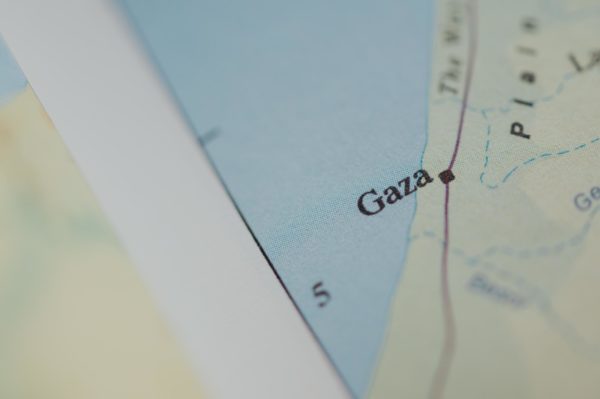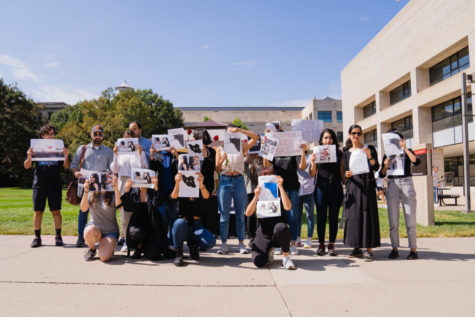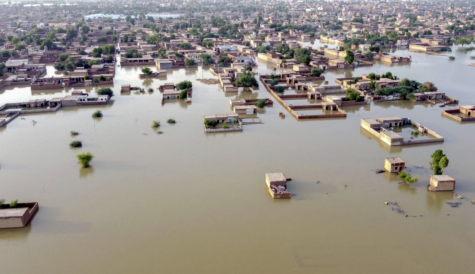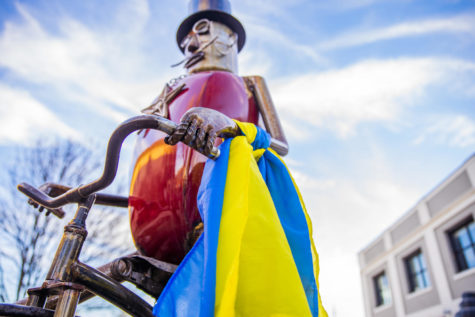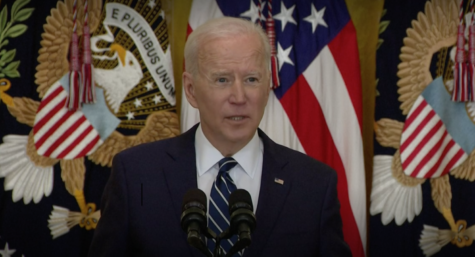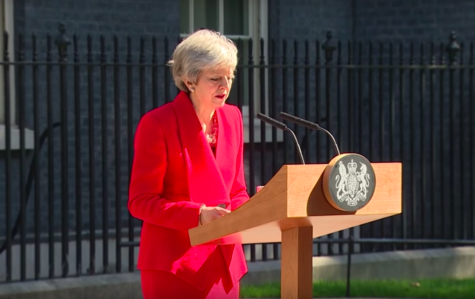Egyptians await election results
December 2, 2011
Egyptians eagerly awaited results Friday in the first election since the fall of President Hosni Mubarak, a vote that could catapult Islamists into powerful roles in government.
The ruling Supreme Council of the Armed Forces expects results to be released Friday or Saturday. Al Noor Salafi, a hardline Muslim group, and the Muslim Brotherhood, a more moderate entity, both have claimed a lead in ballot counting.
If they prevail, their success would be the latest for Islamist-oriented parties in North Africa and the Middle East, where popular discontent and winds of change swirled this year.
Moderate Islamists also won elections in Morocco and Tunisia recently. Turkey’s Justice and Development Party, a movement with Islamist roots, easily retained power in elections there last spring. The secular government in predominantly Muslim Turkey is seen as a modern model for democracy in the region.
Egyptians voted Monday and Tuesday, the first round of voting in a multistep process to pick members of the lower house of Parliament.
The elections for the lower house of Parliament are scheduled to take place in three stages, based on geography. The last of the three stages is set to take place in January.
Upper house elections will run between January and March.
Presidential elections will be held by June, according to the military.
The Muslim Brotherhood was founded in 1928 and has been building a base of support even though it was banned during the Mubarak era.
Some observers think the Brotherhood harbors an anti-Western and totalitarian agenda, even though it embraces moderation and democracy in public.
But the movement is well entrenched in mainstream Egyptian politics. Its leaders do not appear to be wild-eyed fanatics. Most are highly educated – doctors, lawyers, engineers, professors and businessmen – and come from solidly middle-class backgrounds.
Al Noor Salafi is the first Salafist group to register as a political party in Egypt. Salafis are conservative religious purists and have been accused of stoking sectarian strife against Egypt’s Christian minority and of plotting to undermine the country’s fledgling democracy.
Military leaders have said they will hand over power to a new government when one is elected, but many Egyptians say they don’t trust the council and fear the military will cling to power.
Meanwhile, Kamal Ganzouri, who last week retook the post of prime minister, which he had held from 1996 to 1999, announced details of his plans for a new government Thursday.
The government will include two ministers who were in place before the revolution that ousted Mubarak in February; eight to 10 ministers from the government of Esam Sharaf, who was prime minister until he and his government resigned two weeks ago; and ministers Ganzouri will appoint himself. “I seek to appoint three youths on the next Cabinet and two women,” he said.
An advisory board of 30 political figures has been created that will meet with the Supreme Council at least once a month to consult, a spokesman for the armed forces said. Among them are presidential candidates Amr Moussa and Mohamed Selim El-Awa, the spokesman said.






